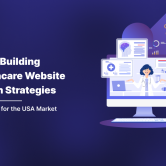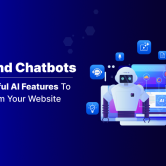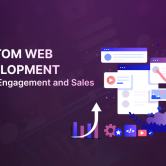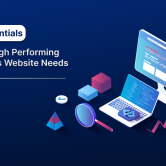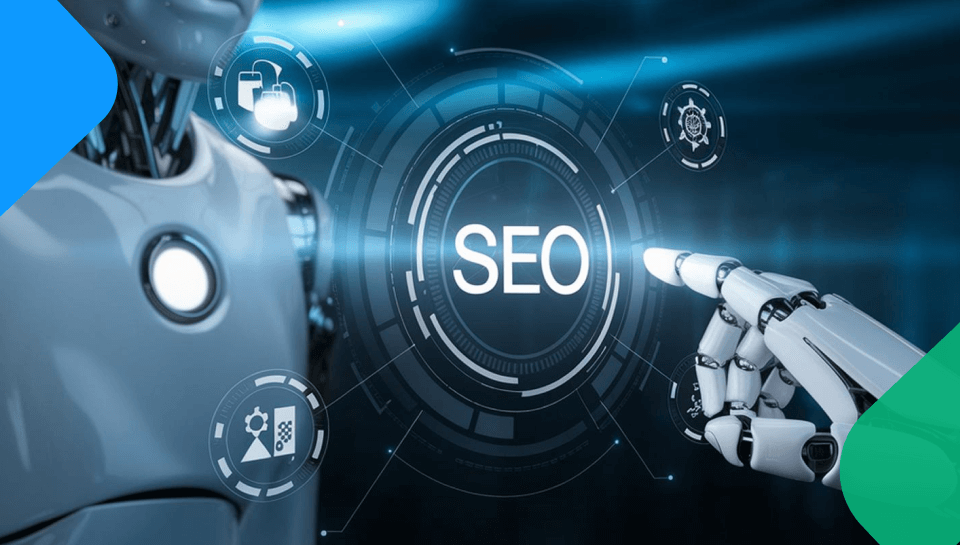
Google’s AI Overviews and Their Impact on SEO Strategies:
Gone are the good old days where search engines like Google was using AI algorithms for years for ranking and displaying web pages based on their relevance and quality.
In recent years, the influence of AI on SEO has grown significantly as search engines have evolved to become more advanced and focused on user needs. Artificial intelligence (AI) has emerged as a transformative force in digital marketing, with Google leading the charge. Google’s AI technologies are reshaping how search engine’s function and how businesses approach search engine optimization (SEO).
Understanding Google’s AI trends and their implications is essential for marketers looking to stay ahead.
Understanding Google’s AI:
Google’s AI initiatives include a range of technologies designed to enhance search accuracy and user experience. Key among these is BERT (Bidirectional Encoder Representations from Transformers), a natural language processing (NLP) model that helps Google better understand the context of words in search queries.
This means that content creators must now focus on delivering high-quality, contextually relevant content that meets user intent.
For instance, Google’s RankBrain is an AI system that leverages machine learning to interpret the intent and context behind search queries, delivering the most relevant results.
Additionally, Google employs natural language processing to examine the content and structure of web pages, assessing their relevance and authority.
Key Trends in Google’s AI:
Natural Language Processing (NLP):
Google’s advancements in NLP allow it to interpret complex queries and nuances in language.
This shift emphasizes the importance of using conversational language in content, making it crucial for marketers to optimize for natural phrasing and synonyms.
Voice Search Optimization:
As voice-activated devices gain popularity, optimizing for voice search becomes vital. Google’s AI is adept at processing conversational queries, which often differ from traditional text searches.
Marketers should consider how users phrase questions when developing SEO strategies.
Machine Learning and Personalization:
Google employs machine learning to tailor search results to individual users based on their past behavior.
Understanding user preferences enables marketers to create targeted content that resonates with specific audiences.
Visual Search:
AI-driven visual search technology allows users to search using images instead of text. Optimizing images with descriptive alt text and relevant keywords can enhance visibility in visual searches.
The influence of Google’s AI on SEO strategies can be outlined by few criteria explained below:
Emphasis on Content Quality:
Google’s AI prioritizes high-quality content that genuinely answers user queries. Marketers must focus on creating informative and engaging material rather than merely increasing content volume.
Understanding User Intent:
With AI’s ability to comprehend user intent better, businesses must invest in comprehensive keyword research. This includes identifying long-tail keywords that reflect the natural language users employ in searches.
Mobile Optimization:
Given the increasing prevalence of mobile searches, ensuring websites are mobile-friendly is critical. Google’s AI considers mobile responsiveness a key ranking factor, so optimizing for mobile users is essential.
Structured Data and Rich Snippets:
Utilizing schema markup helps Google’s AI understand content better, which can lead to enhanced visibility through rich snippets. This strategy can significantly improve click-through rates and engagement.
Adapting to Algorithm Changes:
Google’s AI continuously evolves, leading to frequent updates in search algorithms. Staying informed about these changes and adapting SEO strategies accordingly is crucial for maintaining search rankings.
On-page SEO:
On-page SEO involves optimizing various elements of a web page, like title tags, meta descriptions, headings, images, and links, to enhance its search engine ranking and visibility. AI can assist SEO professionals by offering recommendations for optimization and automating repetitive tasks, such as generating meta tags, resizing images, and managing links.
Tools like Yoast and Rank Math utilize AI for these improvements. Additionally, AI aids in off-page, technical, local, and mobile SEO by providing valuable data and insights to optimize websites across different platforms and devices.
Google’s AI is revolutionizing the landscape of SEO, making it imperative for businesses to adapt their strategies. By understanding the key trends and implications of Google’s AI, marketers can create content that not only ranks well but also meets the needs of their audience.
As AI technology continues to advance, the future of SEO will rely on a keen understanding of these developments. Embracing Google’s AI will empower businesses to enhance their online presence and drive greater engagement in an increasingly competitive digital environment.
By partnering with SVaaNTech, your website’s SEO optimization gets an expert SEO strategy implemented for better visibility in search engines pages. We’re the best SEO optimization company in Chennai who could bring in organic traffic to your business website by adopting best SEO practices for your website.
Visit https://svaantech.com to connect with us today hence your website gets discovered easily online to bring in huge volume of traffic. Huge traffic means good lead conversion which inturn brings you more business.

